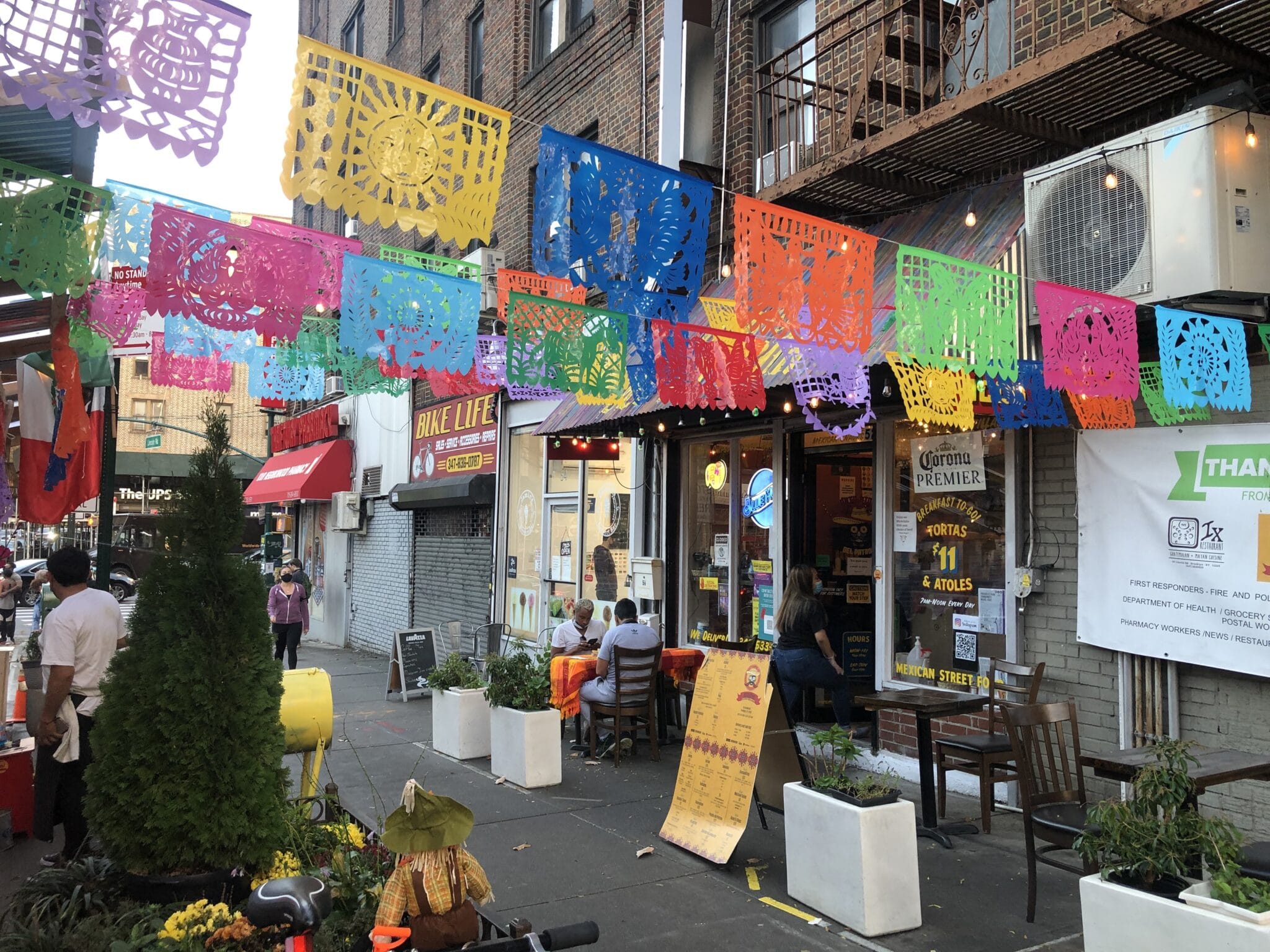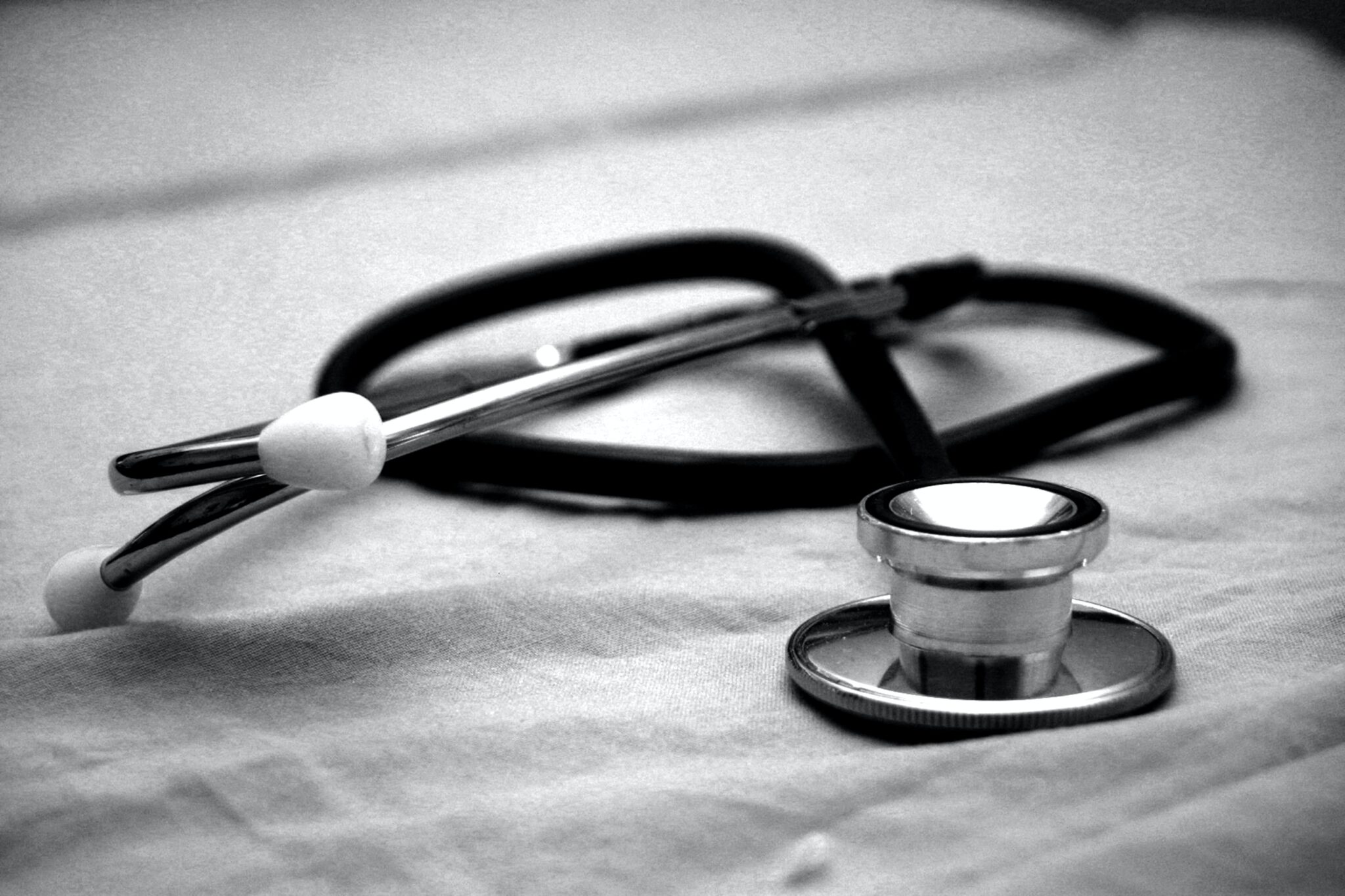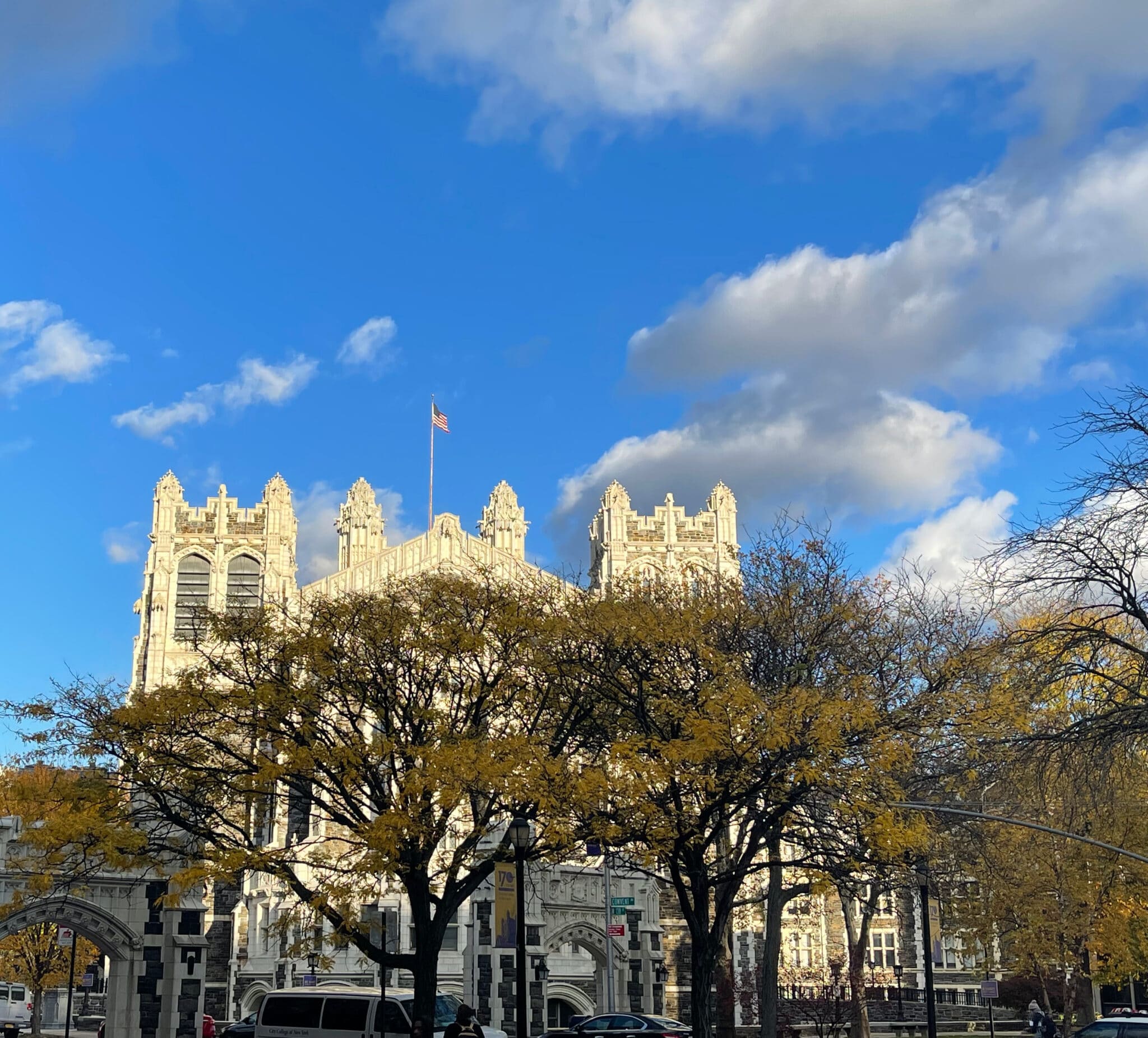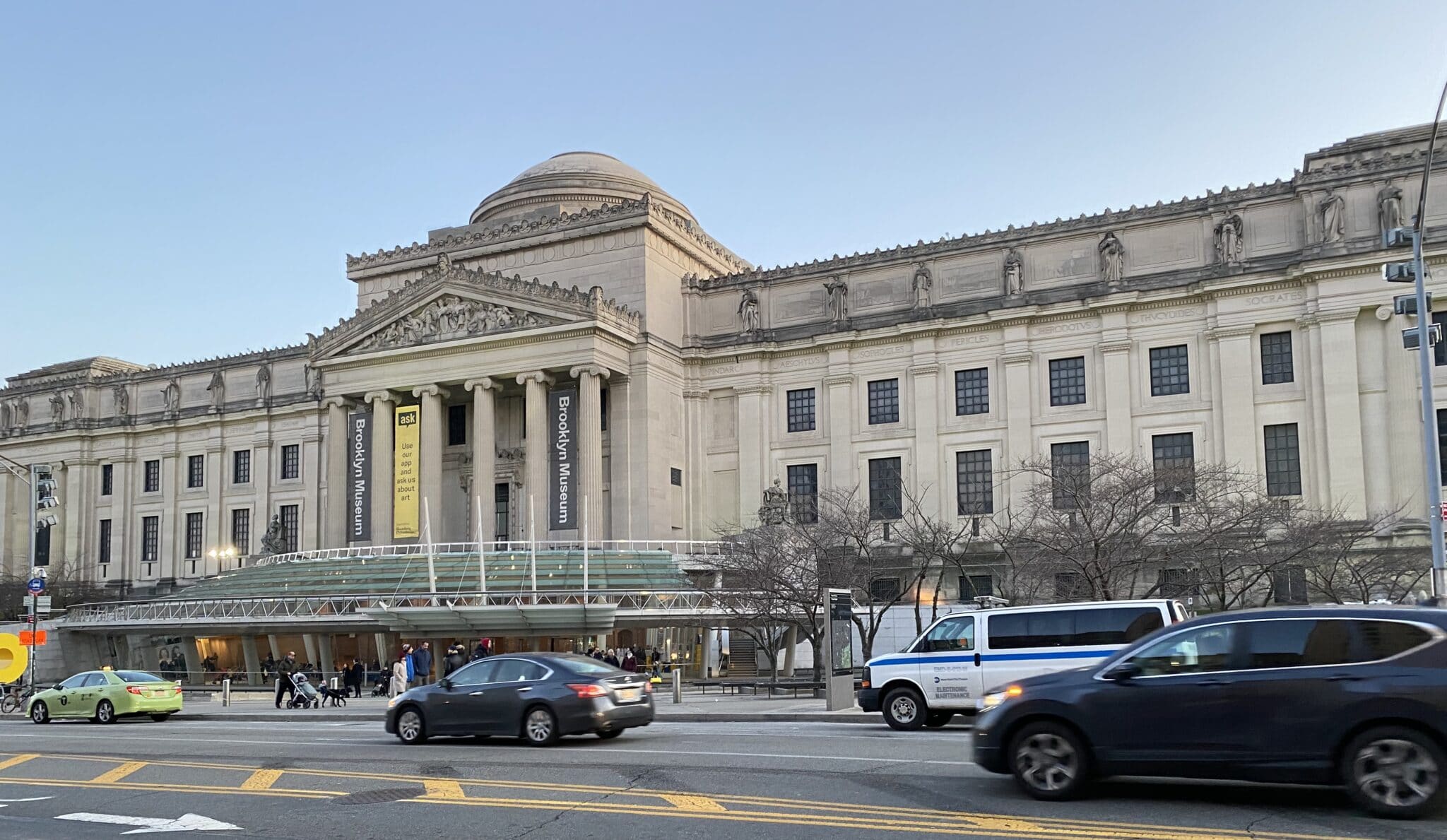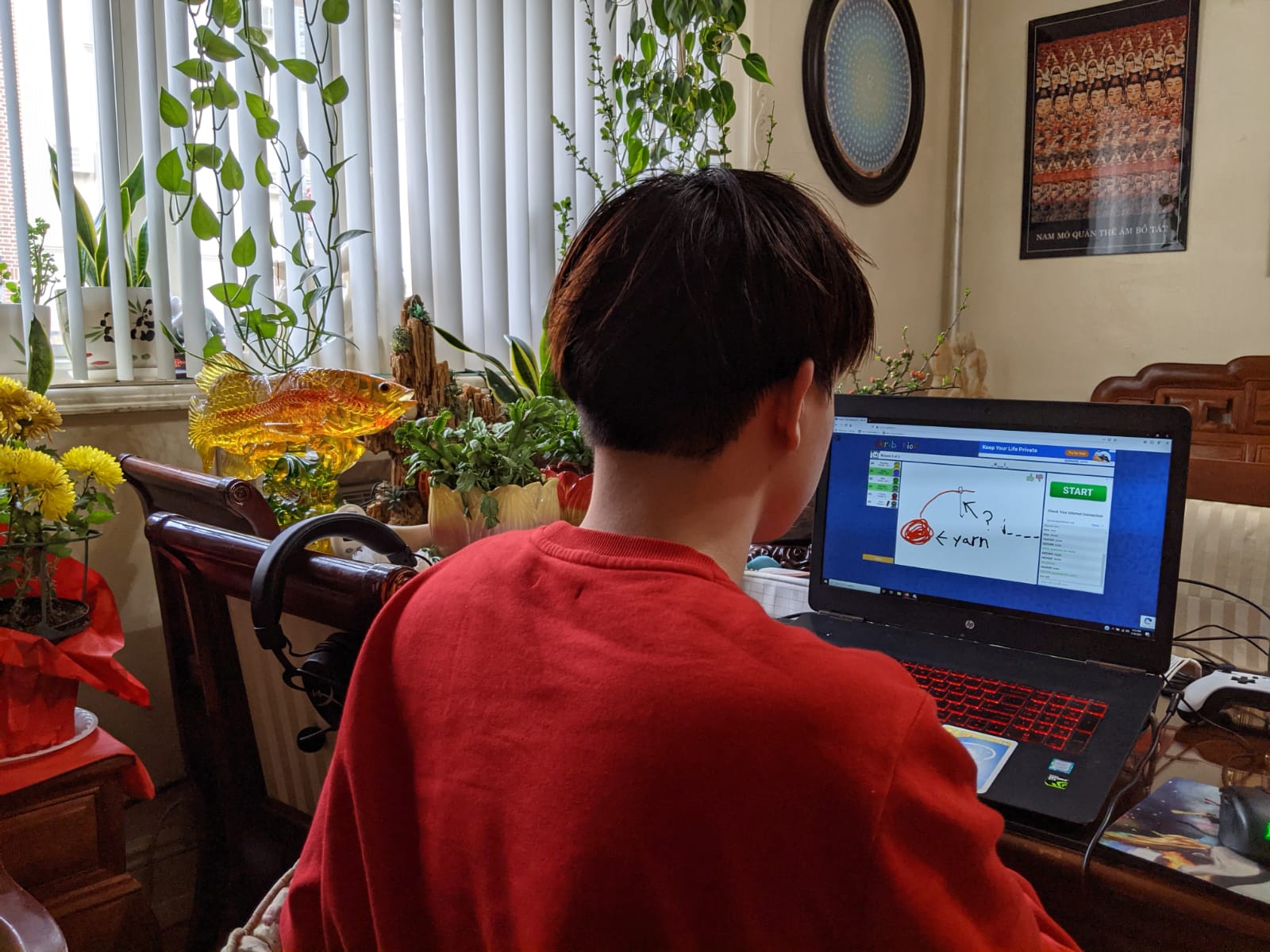Statistically, women are being hit harder by the COVID-19 recession. Photo by Andrea Piacquadio from Pexels.
When Christine Barrios first filed for unemployment after the medical supply store she worked at closed down in April, she anticipated it being short-term. Barrios, 31, had no idea that she would still receive unemployment benefits eight months later. Though she’s grateful for it, that check isn’t enough, and she’s had to rely on some side hustle to stay afloat. “It’s okay for unemployment, but it’s not enough to live off of. Luckily I already had a lot of money saved,” said Barrios, who lives in Brooklyn. “I’ll be financially stable enough when my unemployment benefits end in March because I am a tax preparer, and it will be tax season around that time. For now, I’ve been trying to do side hustles to earn money. I’ve been learning how to do eyelashes, and I became certified as a lash tech.”
According to a new study, women are experiencing the worst effects of the COVID-19 recession, which explains why so many women like Barrios have been forced to rely on unemployment checks and also side jobs. This differs from previous downturns, which hit working men the hardest. In “The Impact of COVID-19 on Gender Equality,” researchers suggest that more women in the United States will have lost their jobs because the industries they tend to work in have been harder hit by the effects of the pandemic and also have to fill in the parenting gap when children switch to remote learning. Four times as many women as men dropped out of the labor force in September, according to the Center for American Progress —roughly 865,000 women compared with 216,000 men.
Abia Ayyaz, a student majoring in kinesiology at Brooklyn College, also began receiving unemployment as a result of the pandemic. She worked as a lifeguard at a private Jewish center community pool before it shut down in March. “When I first applied for unemployment in April, it was sufficient for me because I was getting more than I used to make at work,” Ayyaz said. “The amount has changed since then, and it’s a lot lower now. I have to rely on whatever savings I have and the pocket change my parents give me because the unemployment isn’t enough. I even have to make minimum payments on my credit card when I used to pay it in full. I just don’t have the money to pay it off anymore.”
Ayyaz, 21, remains unsure what her next steps will be after her unemployment ends. “I’m expecting my unemployment benefits to stop coming soon. I would be receiving no money at all and would be forced to go out and find a job,” said Ayyaz, who lives in Queens. “I’ve always worked since I was 16. I’m used to having some kind of income coming in. I’m still a student, so I don’t even feel confident getting hired right now. Even though I didn’t receive the first stimulus payment, my parents did. Another one would be helpful right now for me and my family.”
With little word on when the next stimulus check will come, many eagerly await any news about the payment. The IRS website offers a way to check the status of the funds, but there are little definitive answers beyond that.
Kathy Iwanowicz, a 39-year-old mother of two, is especially ready for the next stimulus check. She has been on unemployment since 2019 and was forced to stay on it once the pandemic started. “I can’t wait to receive it,” she said. “My unemployment was taken away recently due to a computer error. I’m supposed to receive the funds this coming Tuesday. This is the second time this has happened to me already.”
Iwanowicz isn’t just worried about herself, “I’m a home health aide and a lot of senior citizens are more prone to the coronavirus, so I don’t want to be around them right now,” she said. “The job requires a lot of close interactions with senior citizens. I wouldn’t want to accidentally get anyone sick.”
Iwanowicz, who lives in Brooklyn, plans to go back to work whenever it is safe. “It’s a bad thing to do nothing all day. I’ve just become a couch potato. It’s stressful right now, being at home,” she said. “Under the current circumstances, people should apply for unemployment. The amount they’re giving is not a lot, but it’s much safer than going to work right now.”
Even as she struggles with finances, Barrios has found a silver lining to being out of work. She took the opportunity to return to college for her associate degree in human services at the Metropolitan College of New York. “It’s been good because I get to focus on school and work on my classes,” she said. “I’m currently taking seven classes because I have more time since I’m not working.”

